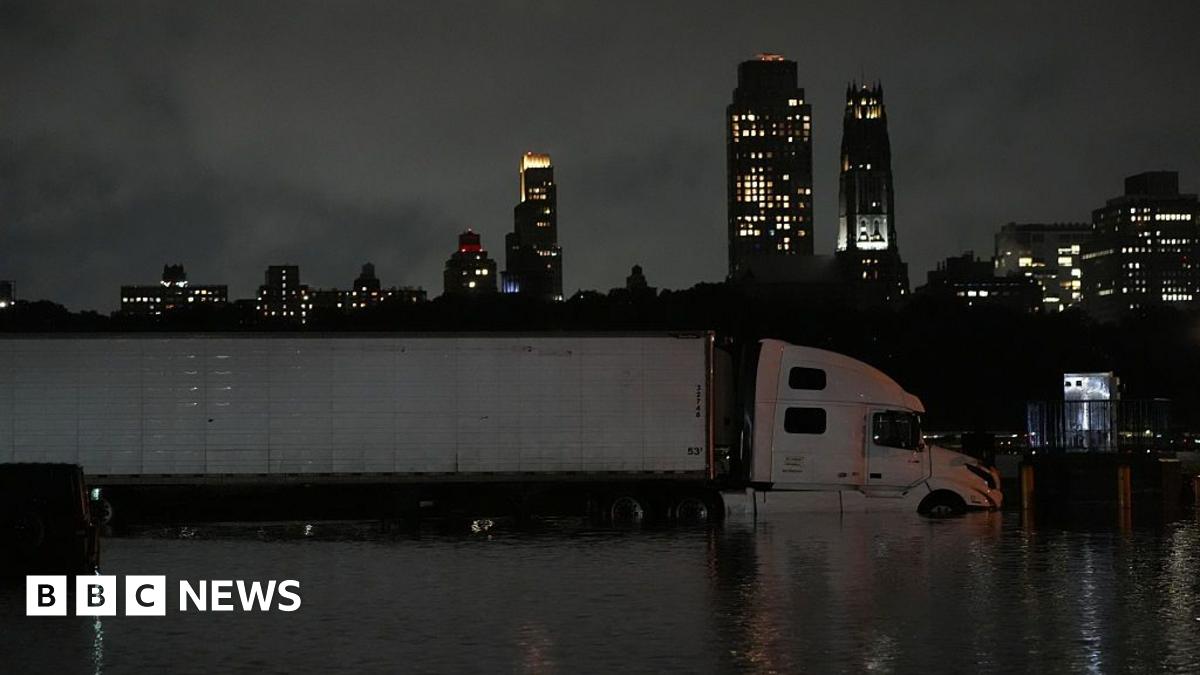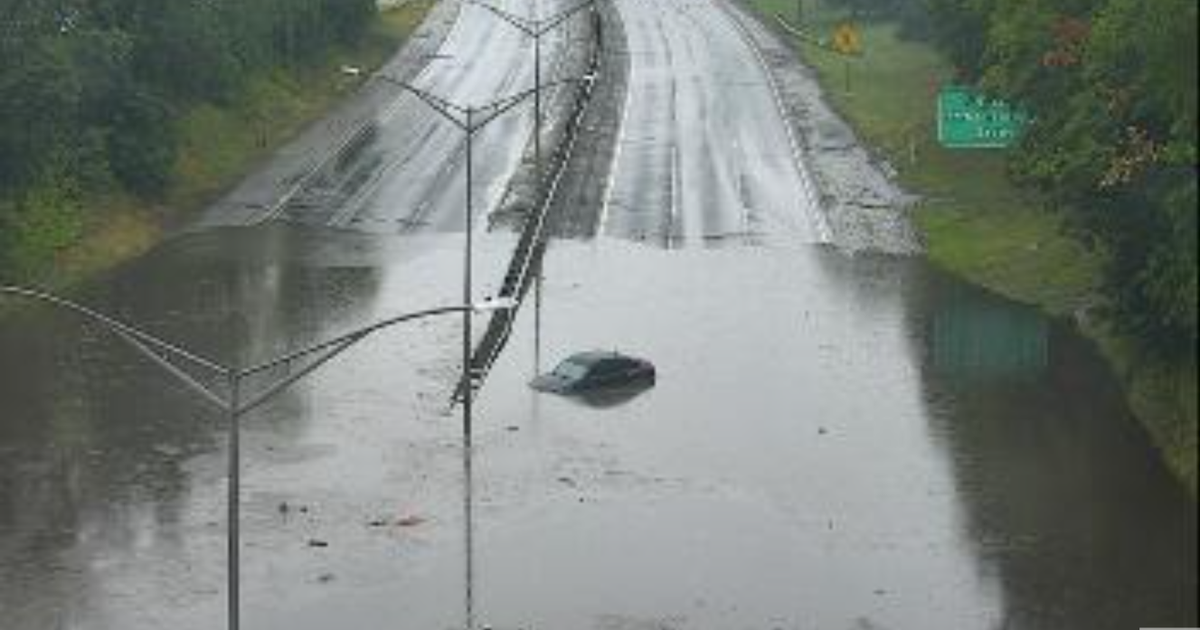T4K3.news
State of emergency declared in Trinidad and Tobago
Authorities respond to a plot against government officials with emergency measures.

Authorities declare an emergency amid plots to assassinate officials.
Trinidad and Tobago faces renewed crisis with state of emergency
Trinidad and Tobago has declared a state of emergency after discovering a criminal network plotting to kill government officials and attack public institutions. Police revealed that intelligence indicated the involvement of smuggled phones in prisons, aiding the conspiracy which focused on targeting senior police officers, judicial members, and state prosecution employees. Police commissioner Allister Guevarro stated that the plot involved plans for assassinations, robberies, and kidnappings. Prime Minister Kamla Persad-Bissessar approved the emergency declaration, although no specific threats to politicians were reported. This declaration marks the second state of emergency within a year, following concerns over gang violence, and allows the police to make searches and arrests without warrants. Recently relocated gang leaders from a maximum-security prison have also raised alarms about ongoing incidents of kidnapping and homicide linked to organized crime. Last year recorded the highest number of homicides, prompting the police response.
Key Takeaways
"They were planning, actively so, to carry out assassinations, robberies, and kidnappings."
This statement by police commissioner Allister Guevarro highlights the severity of the threats identified.
"Under a state of emergency, police can conduct searches and make arrests without a warrant."
This outlines the implications the state of emergency has for police procedural powers.
The declaration of a state of emergency reveals the growing concerns over organized crime in Trinidad and Tobago. With police data showing a significant number of killings last year, this step may be seen as a necessary measure to reestablish public safety. However, the use of emergency powers raises questions about civil liberties and the balance between security and freedom. As authorities act to dismantle criminal networks, the effectiveness of these measures will likely shape future public trust in the government and law enforcement.
Highlights
- Emergency powers raise critical concerns for civil rights.
- Public safety hangs in the balance in Trinidad and Tobago.
- A dangerous plot reveals the depth of organized crime.
- With crime data rising, urgency for action has never been greater.
Growing security risks from organized crime
The ongoing threat from organized crime groups raises serious concerns about public safety and individual liberties in Trinidad and Tobago.
The situation remains tense as authorities strive to prevent further violence.
Enjoyed this? Let your friends know!
Related News

Two dead in New Jersey and NYC flash flooding

State of emergency declared in Krasnodar Krai

New York Declares Public Health Emergency for Rabies

Emergency declared as flash floods hit US east coast
Myanmar military government restructures ahead of elections

Ecuador battles rising drug gang violence

Trump sets new tariffs on multiple countries

Kim Jong Un declares victory against US in fiery speech
